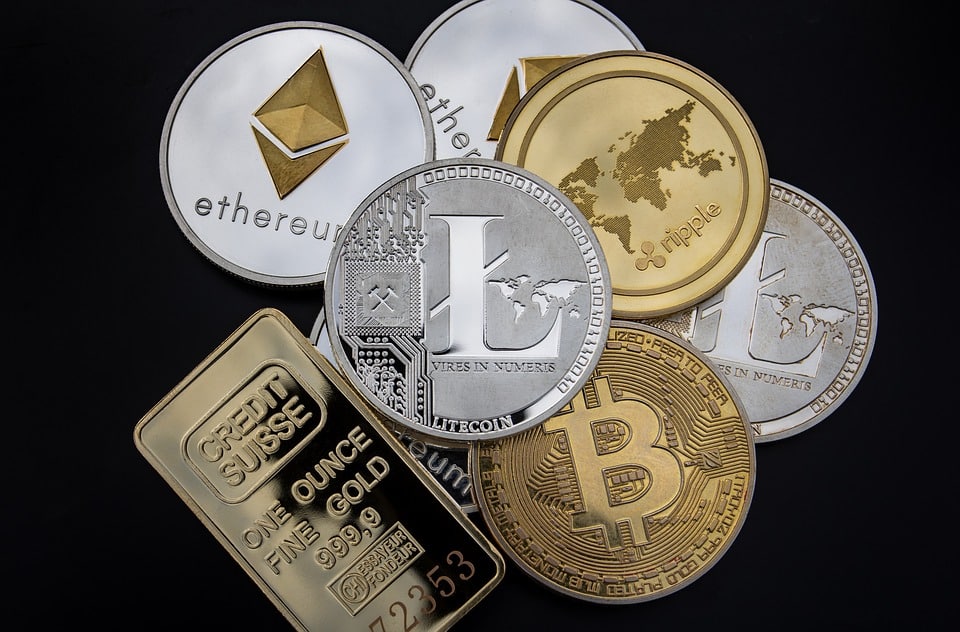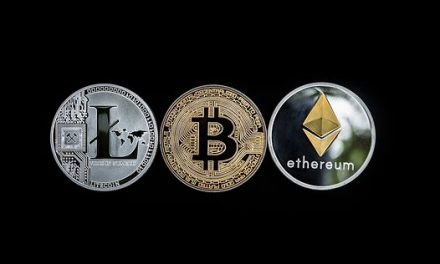Bitcoin and cryptocurrencies in general have been expanding all over the world in the last years. And there are some individuals that were able to build important enterprises after adopting the famous cryptocurrency in the early years of its history.
In a conversation with Forbes, the Bitcoin investor Marco Streng has given us some few points that are worth highlighting. Mr Streng is the Co-Founder and CEO of Genesis Mining, the world’s largest cloud bitcoin mining company.
Here are some of the most interesting topics discussed.
Boundaryless Bitcoin
One of the first things that Marco Streng comments during his interview with Forbes is the fact that Bitcoin allows individuals to send money anywhere in the world without thinking about boundaries.
This is one of the most important features of the famous cryptocurrency. Bitcoin works as a decentralized, peer-to-peer system that does not require the intervention of a middleman between parties.
“There are some serious inefficiencies that, frankly, many of the big banks just aren’t interested in fixing. But with bitcoin, you don’t have to worry about that. You can send money to, say, a coffee farmer in Africa, and he’ll receive it directly,” said Mr. Streng.

Marco Streng
Bitcoin Mining Landscape
The mining landscape forms the infrastructure of Bitcoin. Providing the security through Proof of Work (PoW) so that bot armies and anti-bitcoin actors can’t attack bitcoin and cause damage to the network.
Currently 1,800 bitcoins can be generated per day by the network. But every 210,000 mined blocks, the rewards are halved. This generation of coins is known as Monetary Supply, and is a very predictable rate due to the software nature and preset determinations of Bitcoin. This means that when the next halving will take place there will only be available 900 bitcoins per day; and the number will be further reduced every 210,000 mined blocks.
And during this time more miners, individuals and large companies such as SBI banking in Japan, will get into the mining sector increasing the total hashrate and security of this advanced financial global system.
The economic market sector would call this a supply and demand factor with the world’s first true scarce resource. In such a market, if such a resource has a usefulness, especially if it has a lot of use. Then as a scarce resource its value will be a multiplcation of the number of participants and its use cases.
And when you consider tokenization, social media, gaming, medical applications, automated cars, judiciary, housing the loans market, business shares the world over. When you count more than just the financial system, the world of “value” is far, far larger.
G-20 Regulations
This year, during the G-20 financial summit in Buenos Aires, some of the leading economic figures in the world discussed about possible cryptocurrency regulations. In a document released by the G-20 group, crypto regulations were proposed.
The document reads as follows:
“We commit to implement the FATF standards as they apply to crypto-assets look forward to the FATF review of those standards, and call on the FATF to advance global implementation. We call on international standard-setting bodies (SSBs) to continue their monitoring of crypto-assets and their risks, according to the mandates, and assess multilateral responses as needed.”
The FATF will have to report in July on their work related to crypto-assets.
On April the 18th 23 European countries joined together to form a Blockchain Partnership, whereby they have agreed to share expertise and build “interoperability and wider deployment” between nations for the betterment and growth of all.
Blockchain Expansion
Mr. Streng has also explained his view on the blockchain expansion worldwide. According to him, the greatest contribution of distributed ledger technology, is to erase boundaries, removes the element of trust, and adds a stabilizing effect to nearly every single industry.
“Take the global banking industry for example,” says Streng. “You don’t need to look far to find some serious inefficiencies as I mentioned earlier. We’re already seeing some very concrete instances where blockchain can be of help here. The banks recognize this and are getting together to make use of this technology to improve their services.”
Indeed, an important number of enterprises all over the world, started to use blockchain technology so as to improve their products and services. Furthermore, some industries are being totally changed by blockchain and the possibilities it provides.
The probability for services that many banks currently provide to be moved onto a blockchain through tokenization methods is very likely. Already SBI from Japan are launching a bank-backed crypto exchange as well as getting heavily involved in the mining sector. Some might say that this is a clear sign of big banks moving into the sector.
South Korean Regulations
South Korea is the world’s leader in Bitcoin and Bitcoin Cash trading. Since the exchanges pulled in more than the national GDP in 2017 and led the huge bull runs we saw in December last year the local Government has brought in new regulations and considered a total ban on Initial Coin Offerings (ICOs).
Marco Streng commented:
“I think there’s a natural incentive for governments to go in that direction because, of course, they want to have greater control over their economies. But as is the case with overregulation, too many controls – or going completely cashless – could be harmful to the economy. This is certainly part of a long and interesting debate, and I’m curious to see how it plays out, in South Korea and elsewhere.”
The industry is full of challenges, and the market is getting more mature every single day. Mr. Streng has proven himself in the market to be a successful investor that was able to witness and experience all these developments firsthand.
And to add to the growth and acceptance of cryptocurrencies, just recently South Korea has lightened up on its regulations to pull them more into line with the G20 recommendations, while the trading and enthusiasm remains at an all time high in South Korea for Bitcoin, it looks only to get better there in the near future as their whole country embraces it.





